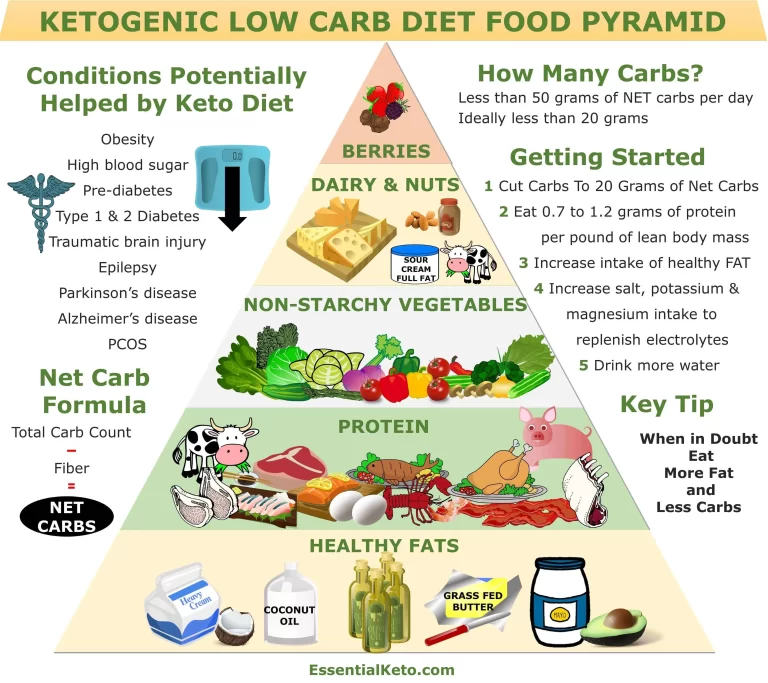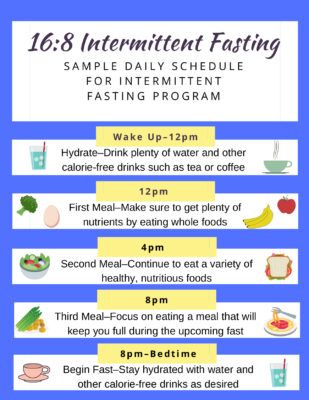Weight loss has always been a popular topic, but many people struggle to find effective and sustainable strategies. In today’s fast-paced society, it’s important to make conscious choices that lead to long-term weight loss success. This article will explore some of the most effective strategies for sustainable weight loss.
1. Set Realistic Goals
One of the key elements in achieving sustainable weight loss is setting realistic goals. Instead of aiming to lose a significant amount of weight in a short period, focus on attainable and gradual weight loss targets. This will prevent you from feeling overwhelmed and discouraged.
2. Focus on a Healthy Diet
Diet plays a crucial role in weight loss. Rather than resorting to fad diets, opt for a balanced and healthy eating plan. Incorporate a variety of fruits, vegetables, lean proteins, whole grains, and healthy fats into your meals. Be mindful of portion sizes and aim for a calorie deficit to promote weight loss.
3. Regular Exercise Routine
Exercise is not only essential for overall health, but it also aids in sustainable weight loss. Find activities that you enjoy and make them a part of your regular routine. Whether it’s walking, swimming, cycling, or joining a fitness class, incorporating at least 150 minutes of moderate-intensity exercise each week can make a significant difference.
4. Stay Hydrated
Drinking an adequate amount of water throughout the day is essential for weight loss. Not only does it help to keep you hydrated, but it can also curb hunger and reduce calorie intake. Replace sugary beverages with water and prioritize staying hydrated, especially during exercise.
5. Get Sufficient Sleep
Quality sleep is often overlooked when it comes to weight loss. Lack of sleep can disrupt your hormones, leading to increased appetite and cravings. Aim for at least 7-8 hours of restful sleep each night. Establishing a consistent sleep routine and creating a peaceful sleep environment can support your weight loss journey.
6. Track Your Progress
Monitoring your progress can be a powerful tool in achieving sustainable weight loss. Keep a record of your meals, exercise routines, and weigh-ins. This will allow you to identify patterns, make necessary adjustments, and stay motivated as you see progress being made.
7. Seek Support
Embarking on a weight loss journey alone can be challenging. Seek support from friends, family, or a support group who share similar goals. Having someone to hold you accountable, provide encouragement, and share experiences can significantly increase your chances of success.
8. Mindful Eating
Mindful eating involves being present and aware of your eating habits. Slow down, savor each bite, and listen to your body’s hunger and fullness cues. Avoid distractions such as watching TV or using electronic devices while eating. This practice can help prevent overeating and promote a healthier relationship with food.
9. Manage Stress
Stress can often lead to emotional eating or making poor food choices. Find healthy ways to manage stress like practicing meditation, deep breathing exercises, or engaging in activities you enjoy. Developing effective stress management techniques will support your weight loss efforts.
10. Patience and Persistence
Lastly, remember that sustainable weight loss is a journey that requires patience and persistence. It’s important to stay focused on your goals, even if progress seems slow at times. Celebrate small victories along the way and embrace the lifestyle changes you have made.
Conclusion
Sustainable weight loss is achievable with the right strategies and mindset. By setting realistic goals, focusing on a healthy diet, regular exercise, adequate hydration, quality sleep, progress tracking, seeking support, mindful eating, stress management, and maintaining patience and persistence, you can transform your weight loss journey into a successful and long-lasting one.









